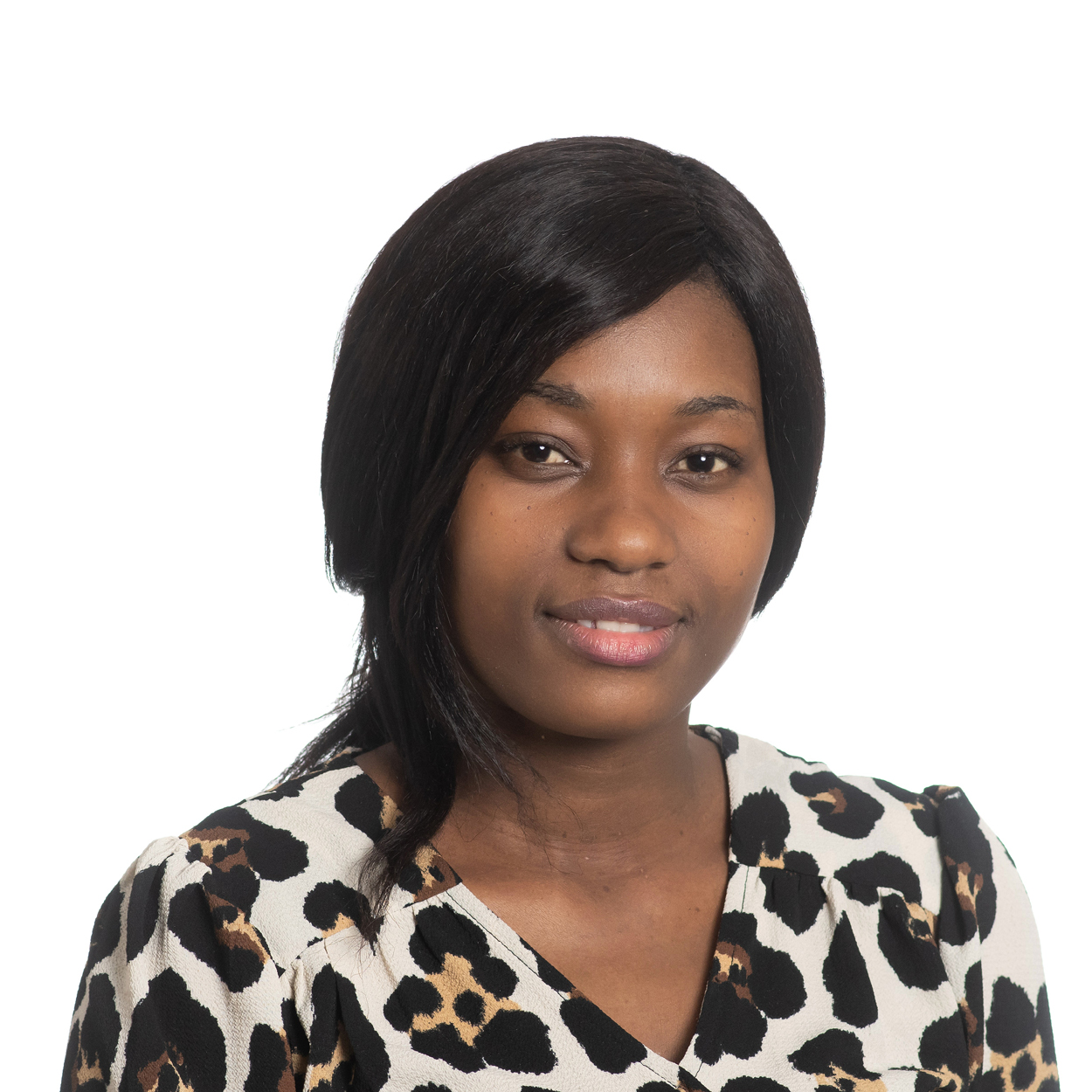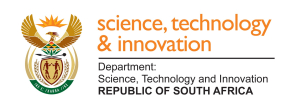WEBINAR – REFLECTION ON THE EXPERIENCES OF INCLUSIVE COMMUNITY-BASED RESEARCH PROJECTS IN SUPPORT OF THE SCIENCE ENGAGEMENT STRATEGY
Date: 2 August 2023 | Time: 11:00 to 13h00
- BACKGROUND
- OBJECTIVES
- EVENT PROGRAMME
- PRESENTATIONS
Through grant funding by the Department of Science and Innovation, science engagement grants have been awarded to six local public universities to facilitate inclusive community-based research under a science shop model. A science shop facility is defined as an entity that provides independent, free, community-based participatory research support in response to problems experienced by the community. This is a demand driven and bottom-up approach to research, facilitating the process of conducting research at a low cost and / or on pro-bono basis, with particular studies guided by the needs of ordinary citizens in their individual capacity or as a collective; e.g. community-based organisation.
The science shop endeavour assume a participatory model of science engagement in that research approaches and methodologies employed by design should ensure that the citizens are part of and / or inform all stages of research processes, from setting research agenda, conducting research, collecting and analysing data and finally, implementing the solution. Thus, the science shop initiative not only seeks to build a society that scientifically aware and literate, but is also earmarked to develop publics that participate in scientific dialogues and are able to confidently form and express independent opinions on science issues.
To operationalise the science shop endeavour, the South African Agency for Science and Technology Advancement sanctioned the science shops grants to the University of the Western Cape, University of Cape Town, Durban University of Technology, Cape Peninsula University of Technology, North West University and the University of Pretoria. The projects for the 2022-2023 cycle vary in terms of length, from one to three years and have a total budget that is over R10 million over this period. These research projects promote multi- and transdisciplinary research approach (e.g. Food Science, Technology and Business or Public Health and Architecture) from research teams or organisations based locally and internationally and therefore, ensuring that challenges (‘wicked problems’) faced by the community are addressed through multiple worldviews to possibly avoid unintended consequences.
Webinar will provide a platform for science shop host institutions to reflect on their experiences of facilitating community-based research projects. Principal researchers will lead the high-level project overviews with support from their research teams (i.e. collaborators, students, beneficiaries) to stimulate conversations with and amongst participants. In recognition of the NSW 2023 theme, project teams will strive to demonstrate how evidence-based science emanating from science shop research projects could potentially transform the lives of communities. The webinar will further serve as a guideline for local public universities and researchers wishing to apply for a DSI funding to host a science shop endeavour in the next cycle.
(a) To profile the science shop community-based research projects in support of the SES;
(b) To reflect on the experiences of science shop projects for 2022-23 in addressing societal challenges;
(c) To highlight potential positive outcomes and / or impacts of the science shop grant on the beneficiaries; and
(d) To highlight ways in which research emanating from the projects could potentially contribute to evidence-based practices to address community challenges.
- Download full Webinar programme here.
- The presentations will be uploaded immediately after the Webinar.
Science Shop Current Projects
| Title of the project | Grant holder | Project Leader | Duration | Learn More |
|---|---|---|---|---|
| Diamonds on the soles of our feet | University of the Western Cape | Prof, Jaqui Goldin | 1 year | Link |
| Community-based solutions for One Health/ One Welfare challenges | University of Cape Town | Prof. Leanne Scott | 2 years | Link |
| Reconstructing more holistic and safer villages for children and youth in the Ndwedwe area of KZN | Durban University of Technology | Prof. Raisuyah Bhagwan | 3 years | Link |
| Empowerment of the Weskusmandjie cooperative to identify, produce and market safe food products: participatory research addressing poverty relief, job creation and zero hunger | Cape Peninsula University of Technology | Prof. Maretha Opperman | 3 years | Link |
| Re-imagining community education post COVID 19: Mobilizing youth as community assets to reduce the educational divide in a South African township | North West University | Prof. Lesley Wood | 3 years | Link |
| Co-creating Wellness and Human Dignity | University of Pretoria | Dr. Carin Combrinck | 3 years | Link |

Contact Us
Zamahlubi Radebe
Project Officer
ZF.Radebe@saasta.nrf.ac.za

 The South Africa Agency for Science and Technology Advancement (SAASTA) is a business unit of the
The South Africa Agency for Science and Technology Advancement (SAASTA) is a business unit of the 
